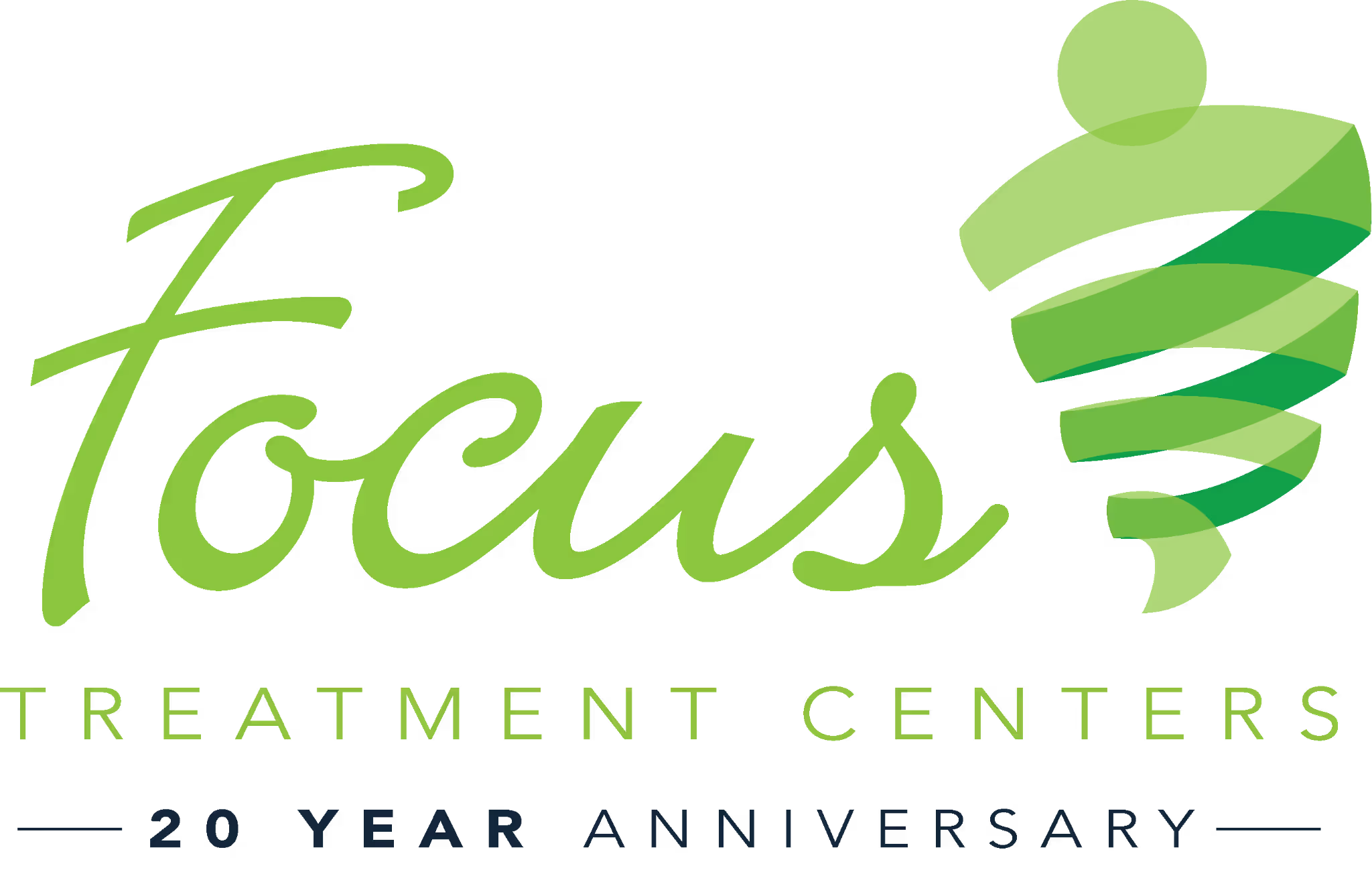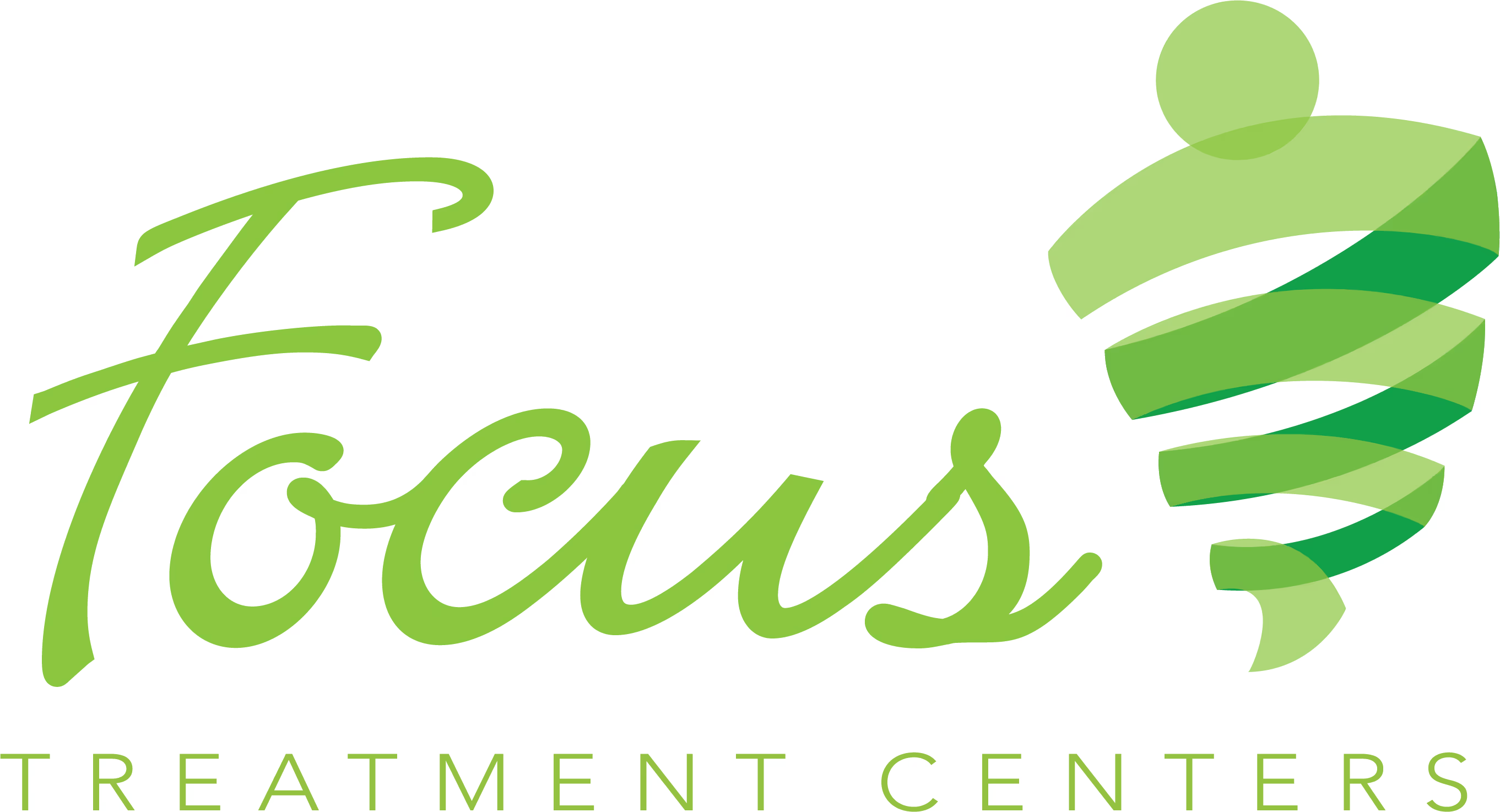Intensive outpatient programs (IOPs) are an essential part of the drug and alcohol addiction recovery process.
Unfortunately, many individuals attend inpatient rehab and then do not take a “step-down” approach to their treatment. As a result, they increase their risk of relapsing because they do not have the support they need to remain in recovery.
Attending an IOP offers patients who have completed inpatient programs the transitional support needed to improve their chances of having to return to inpatient care. Let’s discuss IOPs in more detail.
What are Intensive Outpatient Programs?
Many patients are referred to intensive outpatient programs once they complete an inpatient substance abuse treatment program. IOPs provide additional support to these individuals as they transition back to their day-to-day lives.
However, IOPs may also be appropriate for people who do not require the level of care offered by inpatient rehab centers. For example, intensive outpatient can work very well for those who:
Have an excellent support system at home.
- Are highly motivated to stop abusing drugs or alcohol.
- Need a flexible addiction treatment option due to work, small children at home, or other responsibilities.
Intensive outpatient programs offer a higher level of care than traditional outpatient therapy alone. They can help patients develop or continue to develop the coping skills they need to remain in recovery.
How Does Intensive Outpatient Work?
Intensive outpatient programs work by providing additional support on an outpatient basis. Many IOPs, including the program offered at Focus Treatment Centers, offer treatment three days per week for a few hours at a time.
We recognize that once a patient has completed inpatient rehab, they need to return to their everyday lives and normal responsibilities. That’s why IOP is designed to provide the flexibility they need to continue getting treatment.
Patients can choose to come to our IOP during the mornings (9 am to 12 pm) or evenings (5:45 pm to 8:45 pm). This flexibility makes getting support much more feasible for those who work full-time or who have other responsibilities at home that require their attention.
During the intensive outpatient treatment, patients experience various types of support, including:
- Medication management
- Group therapy
- Individual therapy
Drug screenings and breathalyzers are also required, which provide an extra layer of accountability.
IOPs Vs. Partial Hospitalization Programs (PHPs)
Many patients wonder, what is the difference between intensive outpatient programs and partial hospitalization programs?
Both are excellent options for outpatient drug and alcohol aftercare. Many patients who go through inpatient rehab will experience PHPs and IOPs at some point in their recovery journeys. However, they offer different levels of care.
PHPs are a great option for patients who have completed inpatient rehab, but no longer require that level of care. Many PHPs provide daily programming that includes drug and alcohol screenings, group therapy, medication management, relapse prevention support, and more. Partial hospitalization is much more intensive than IOP.
IOPs Vs. Outpatient Therapy
Outpatient therapy is another form of substance abuse treatment. However, this level of care is typically not supportive enough for those who are new to recovery or who have just completed inpatient rehab.
During outpatient therapy, patients meet with a therapist 1-3 times per week, depending on their needs. There is typically no group therapy component with outpatient treatment and each session is about an hour long.
Outpatient therapy works well for those who have progressed in recovery, and it is often a vital part of a treatment plan in which the patient has stepped down over time.
IOPs Vs. 12-Step Meetings
12-Step meetings like Alcoholics Anonymous and Narcotics Anonymous can be excellent sources of support during recovery. However, most patients need more than what either AA or NA can provide them once they complete an inpatient stay.
Most AA and NA meetings are held on a weekly basis for 1-2 hours each time. 12-Step programs are overseen by others who are also in recovery and not by professional therapists or psychiatrists.
We often recommend for our patients to begin attending AA or NA, but not instead of going to IOP. 12-Step meetings are great for additional support, but do not offer enough structure to function as the primary source of support.
Choose Focus Treatment Centers for Intensive Outpatient Treatment
If you or someone you love has recently completed inpatient drug or alcohol treatment with us at Focus Treatment Centers, we will gladly provide you with recommendations for aftercare. Continuity and structure are two of the most important components of a solid aftercare program. This is why it makes sense to choose Focus Treatment Centers’ IOP.
It can be extremely challenging to get back to your day-to-day life after inpatient rehab, but with support from our IOP, you can be successful. Our team will assist with ongoing group therapy, medication management, relapse prevention planning, and so much more.
Do you have questions about our intensive outpatient program? Reach out today and let us know how we can help.














